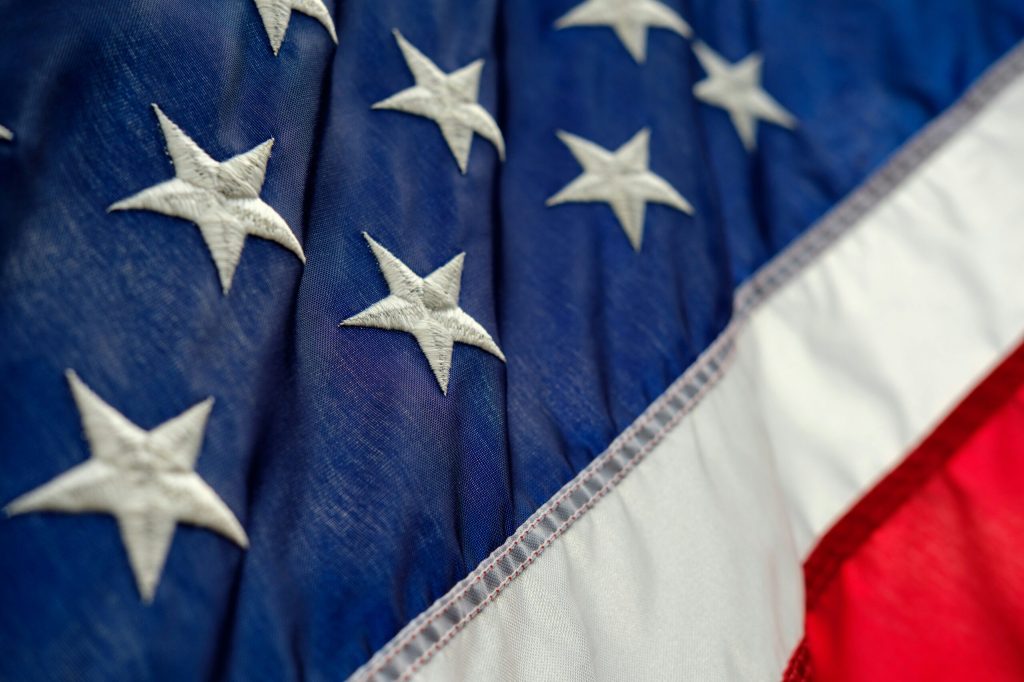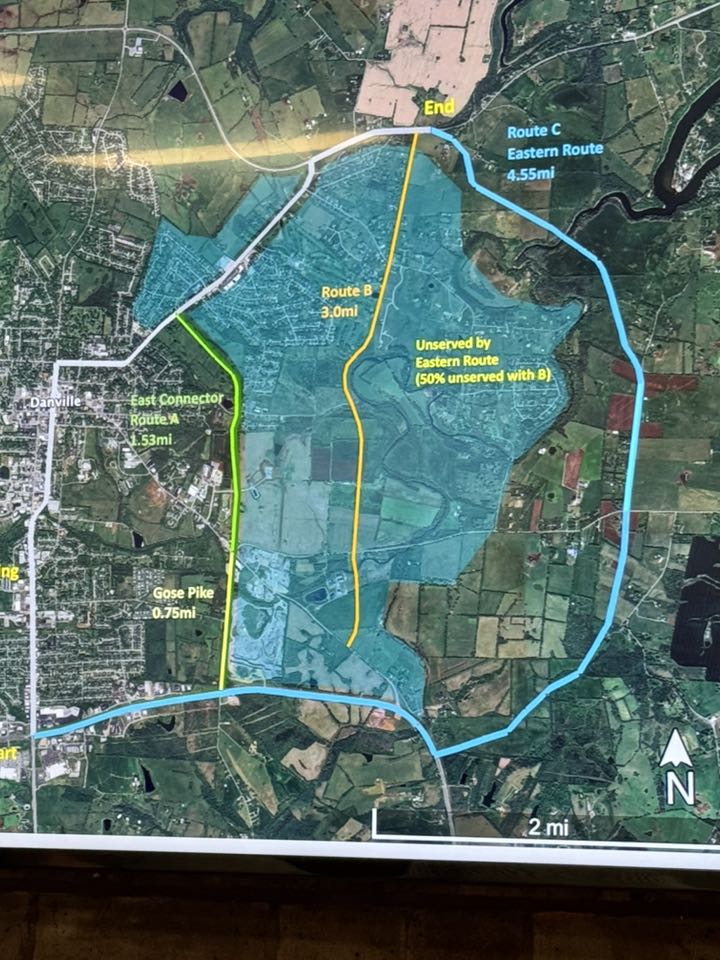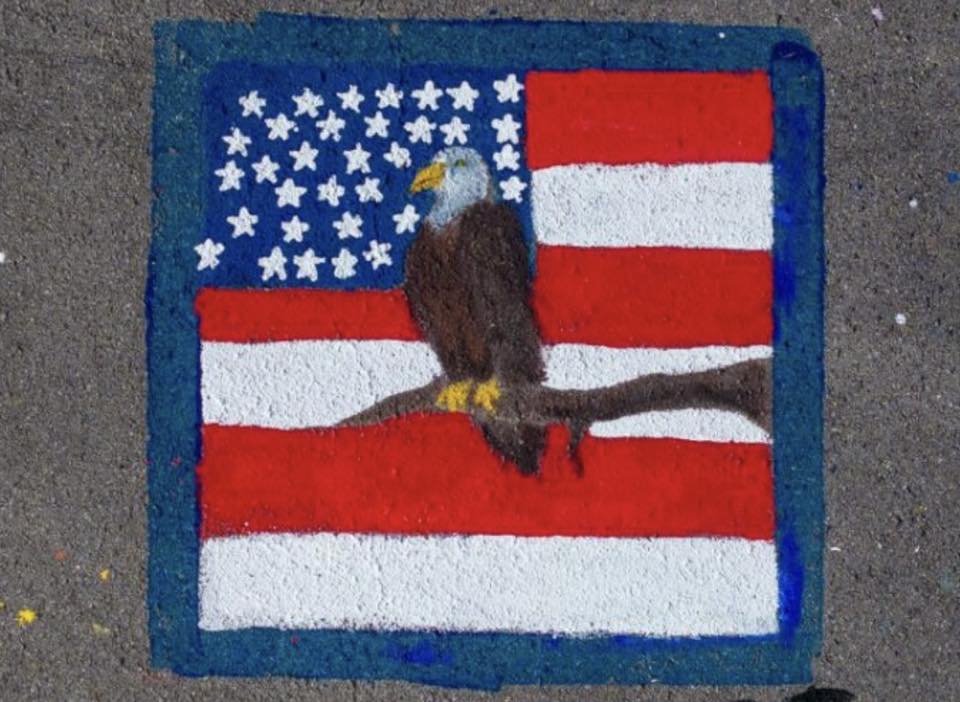Some Fourth of July history: An Appeal to Heaven
Published 4:00 pm Monday, July 1, 2024

- Photo by Luke Michael on Unsplash
By Steve Roark
Columnist
If you watch much national news, you may have seen a flag flown at political rallies with a pine tree on it and the inscription: “An Appeal to Heaven”. I don’t know what message was meant by the flag at these rallies, but its origin goes back to the Revolutionary War, and with the July 4th celebration going on I thought it would be of interest to cover its history. And it lets me talk about trees, so, in another article I explained the origin of the Liberty Tree and its symbolism for individual liberty and resistance to tyranny during the Revolutionary War. Several flags were designed with a tree to represent the Tree of Liberty, and the one referencing heaven was one of them. Here’s the story.
The first American Navy consisted of six schooners paid for and pressed into service by none other than General George Washington in 1775. He pleaded with the Continental Congress that he needed a Navy immediately, but true to form, the Congress endlessly debated on the need for a Navy, how to organize and fund ships, and so on until Washington’s patience was at an end and so funded the ships himself. There was a need for the ships to fly a “jack,” a flag that identifies its nationality. Colonel Joseph Reed, an aide to General Washington, suggested a flag with a white background and a green pine tree in the center, and the words AN APPEAL TO HEAVEN inscribed below. The flag was approved and became the first naval union jack flown on American ships.
The tree on the flag represented the Liberty Tree. A pine was probably used to make the flag a variation of the New England Pine Flag, which had a pine tree on a white background, specifically an eastern white pine (Pinus strobus). White pine was well known to the ship building industry since it was being used for ship masts and to provide pitch used to make ships watertight. The phrase “Appeal to Heaven” was taken from a famous document called “Second Treatise on Government”by John Locke, an English philosopher. This document greatly influenced American revolutionists like our Founding Fathers. In chapter 3 Locke writes: …“for wherever violence is used, and injury done, though by hands appointed to administer justice, it is still violence and injury, however colored with the name, pretenses, or forms of laws… war is made upon the sufferers, who having no appeal on earth to right them, they are left to the only remedy in such cases, AN APPEAL TO HEAVEN.”
The phrase was appropriate because the colonials were up against the greatest military power on Earth at that time, and so needed a still higher power, thus their “APPEAL TO HEAVEN”. The obstacles to becoming an independent country were incredible. An army of farmers and tradesmen against a highly trained superpower, a congress that could agree on nothing, a strong resistance from individual colonies to being placed under a central government, no money and no other country wanting to lend any. I can only conclude that the Revolutionary War victory was miraculous, and only achieved with the help of a higher power. This Independence Day pause and give thanks for the liberty we have been given.






